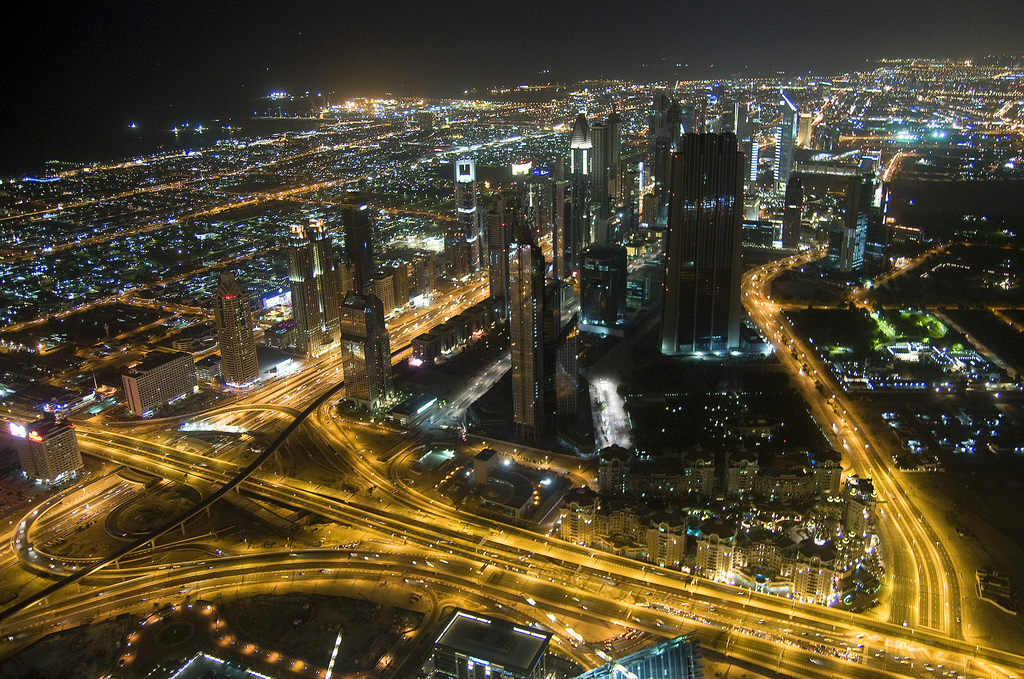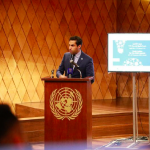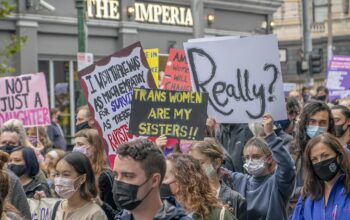In search for a better life, at least 146,000 female migrant domestic workers have moved to the UAE expecting a decent and respectful job as a housekeeper. The surge of migrant workers into the Middle East began in the early 1970s, when increased petroleum production brought with it a demand for skilled and unskilled labour. With this, many opportunities in the service sector for female labour expanded and today an estimated seventy-five percent of the UAE’s population are domestic workers. Choosing to leave their families due to a number of economic and social reasons, many immigrants come from Sri Lanka, Indonesia and the Philippines.
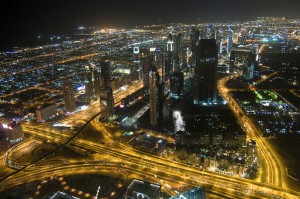
The golden opportunity that they were looking for turns out to be a place of hell. A report called “I Already Bought You” published by the Human Rights Watch highlights abuses of certain domestic workers in the UAE, focusing on female workers.
On arrival, their employers confiscate their passports and the next day the workers are shocked by the sheer amount of work. Cooking, cleaning, washing clothes and then cooking again is their daily routine without any rest, and when they ask to return back to the agency the answer they get is “I already bought you”, conveniently denying that they are human beings.
Many domestic workers in the UAE describe a range of abuses, which include; physical abuses, verbal abuses, failure of full wage payment to them, long hours of work without rest or days off, denial of adequate food, proper living conditions, and medical care. Some were even brought to the UAE for forced labour or trafficking.
Tired of their daily stress, many try to run away or seek help at a police station, but their pleas are commonly turned down. Instead, they are accused of lying because there is a lack of protection afforded to them under the UAE labour law. The problem is traced back to the “Kafala” (sponsorship) system which creates a tie between migrant workers and their visa sponsors meaning that the migrant workers can’t change employers. This system gives employers great power over employees because it entitles them to cancel their sponsorship only at their own will. This automatically removes the right of a worker to remain in the UAE in case the Kafala System was cancelled, and triggers repatriation procedures. Domestic workers in the UAE have no legal safeguard governing their employment and are thus excluded from the labour law and from the basic protections that the law and other labour policies afford to most other workers.
The Kafala system is not only employed in the UAE but also in other countries, including; Lebanon, Saudi Arabia, Jordan and other Gulf Arab states such as Qatar.
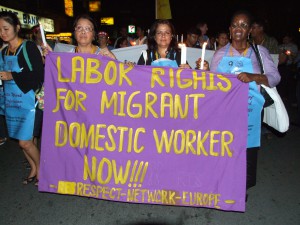
As reported earlier, in Qatar the violations against migrant workers are also very concerning. Hidden from the public, the preparations for holding the World Cup bring with them problems that have been ignored in favour of a successful event. The massive human rights violations that the domestic workers are facing are threatening their lives. The violations are unacceptable since even the basic needs of survival are being violated, such as the need of food, which has left many workers suffering from hunger.
The practice of the Kafala System has received much criticism by human rights organisations. For example, the UN Special Rapporteur on contemporary forms of slavery has mentioned that the Kafala system can create extreme dependency, making it impossible for victims of servitude and other slavery-like practices to escape the situation of exploitation.
Due to international criticism, the UAE government has decided on reforms to the labour laws, which were intended to improve the working conditions for migrant workers. The improvements include one day off each week and eight hours of rest in any 24 hours period. However, this is less from what many workers were promised before arriving and far short of international standards.
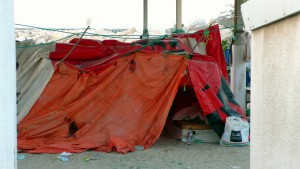
Contrary to what may be understood, many women who migrate to the Middle East are educated and skilled and are not on the edge of abject poverty. In fact many of these women come from lower-middle class families and take a proactive role in leaving the household in search of work. Although there is a key financial incentive to migrate, many women also do so because they are seeking adventure, independence, training, and upward social mobility. This means that these women are aware of the human rights that should be offered to them as promised and therefore many will attempt to run away or even commit suicide.
Migrating for work can certainly provide an opportunity, but only if the workers’ human rights are respected. Some female domestic workers in the UAE have good and responsible employers, satisfactory working conditions, receive their wages in full and on time and are able to remit money home to their families. Meanwhile, some are facing severe abuses and are in desperate need of help. Therefore it is important to remove the Kafala system or at least improve it since it is the leading cause of many problems and it does not respect basic human rights.
By Pamela Tannous
Image credit:
Picture 1: Crazy Diamond, licensed under CC BY-ND 2.0
Picture 2: ILO in Asia and the Pacific, licensed under CC BY-NC-ND 2.0
Picture 3 : Christopher Augapfel, licensed under CC BY 2.0
